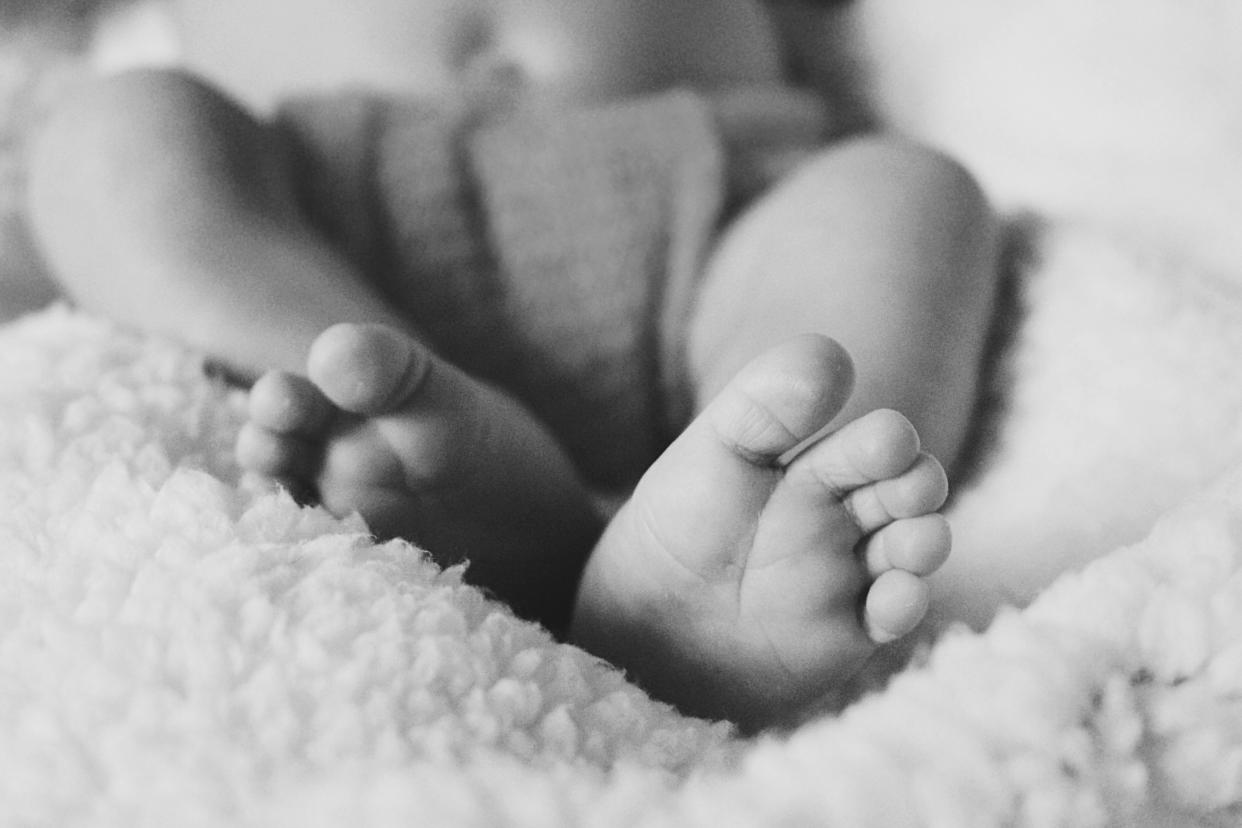1st baby born from deceased organ donor's womb — here's what you need to know

In a landmark move, a baby in Brazil has been born to a woman with a transplanted uterus from a deceased donor. The baby was born on Dec. 15, 2017, through a C-section, and is believed to be the first to be born with a uterus from a deceased donor.
A study on the case, published in the journal the Lancet, says the mother had congenital uterine absence (meaning, she was born without a uterus) and was 32 when she received a uterine transplant in 2016 from a 45-year-old donor.
Four months before the transplant, the mother went through IVF and got eight good embryos, which were frozen. The transplant surgery took 10 hours, and the woman was given immunosuppressive medications so her body wouldn’t reject the new uterus. Seven months after the surgery, an embryo was implanted and her pregnancy was confirmed.
The baby was born around 36 weeks of pregnancy and is “healthy and developing,” along with the mother, the paper says. The woman’s uterus was removed after she delivered.
This isn’t the first baby born to a woman with a uterine transplant—several have been born in Sweden, the U.S., and Brazil to women who received uterine transplants from live donors. The first successful uterine transplant (from a living donor) took place in 2013 in Sweden, and the woman who received the transplant gave birth in 2014.
The U.S. had its first uterine transplant in 2016, but the recipient had to have it removed days later due to a fungal infection, according to a report in the Cleveland Plain Dealer. However, a woman who received a live uterine transplant gave birth to a baby boy in 2017, making it a first for the U.S.
Researchers point out that the latest landmark birth may create more options for women in the future, since live donors can be hard to find. The latest birth opens “a path to healthy pregnancy for all women with uterine factor infertility, without need of living donors or live donor surgery,” they wrote in the paper.
Read more from Yahoo Lifestyle:
Follow us on Instagram, Facebook and Twitter for nonstop inspiration delivered fresh to your feed, every day.

